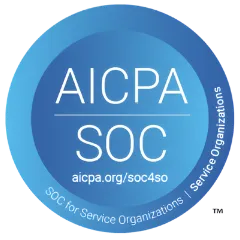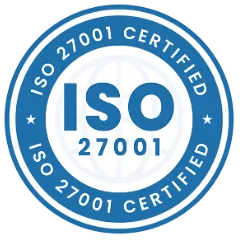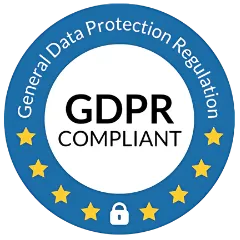There are many organizations that run their business by providing tools, assets, and equipment on lease. It is important for these companies to keep track of their fixed assets so that they can replace assets in time and avoid wasteful expenses.
So, an asset audit for rental assets are very crucial. It assists in managing tools, assets, and equipment better and identifies problems on the rental side of the business. When you have the information you need, you are able to utilize it to improve your business.
Why asset audit is important?
Audits are important for the smooth running of the business. They provide several advantages to organizations like guaranteeing effective work processes and a better-informed administration. Here are some significant reasons why assets have to be audited periodically:
- Recognize bottlenecks and optimize asset operational proficiency
- Minimize resources mismanagement
- Improve the validity of figures forwarded by the organization
- Enhance transparency for investor trust
- Avoid paying taxes for ghost assets
- Settle on better choices for identifying asset retirement and acquisition
What are the issues that equipment and tool rental companies face?
There are several issues faced by a rental company especially when it comes to audit for assets.
- Equipment is distant
When you rent your equipment to another company, it is essential to keep track of them. Otherwise, an effective and complete asset audit is not effective.
- Depreciation calculation
As per the Investopedia, depreciation is an accounting process by which a company allocates an asset's cost throughout its useful life. In other words, it records how the value of an asset declines over time.
Depreciation is an important part of auditing. When relevant data about an asset is not available, it is not possible to calculate depreciation correctly.
- No communication
Asset auditing is not an individual job. It means that communication has to be ensured consistently. Moreover, the team from the company using the asset on lease also has to work along with the team which owns the asset.
- Mis-calculating asset life
If an organization is not equipped with asset management software, asset life is not calculated accurately. This results in the early disposal of an asset or its excessive use. Both these cases are not desirable from an organizational perspective.
Therefore, asset life cycle management is important. It includes monitoring, controlling managing assets from its procurement stage until its disposal (end of life of the asset).
- Ineffective & long process
Without asset management software, the process becomes long-winded as no exact information of assets, equipment, or vehicles is available.
- Problem with clients
When you lease an asset, it is important to sign a contract with the user and keep the asset monitored from your end to ensure the client returns the asset on time. There are penalty clauses in contracts to impose penalties on repeat offenders.
What is the objective of Auditing?
Some of the main objectives of an audit are as follows:
- Assess the effectiveness of controls for monitoring and recording tangible assets
- Ensure that the inventory of capital assets on hand is complete
- Along with ensuring that controls are in place to safeguard assets from theft or unauthorized use
- Also ensures that effective procedures are used to determine assets' value, including improvements, amortization, and the estimated useful life of capital assets.
- Proper handling of transactions from an accounting point of view
- Proper reporting of inventory
Also Read: 5 Common Asset Tracking Issues That Need to Be Addressed
What is the importance of asset verification in Auditing?
All private and government organizations are required to perform a yearly physical check of every fixed asset to crosscheck that all assets actually exist. It also ensures that all financial records and values are accurate.
The asset audit is not complete without asset verification. An auditor can verify that assets reported in the balance sheet are correct or not. There are numerous procedures that can assist the auditor to verify assets and liabilities.
As the assets are bought to maintain a business appropriately and efficiently, it is important to have the correct valuation of assets and liabilities and also to detect if there any frauds, errors, or missing assets.
How does Asset Management Software help?
It a well-known fact that without proper asset management software, asset audit can be a very long, hectic, and error-prone work. However, if the organization is equipped with this software, it becomes simpler and quicker as the system schedule the audit.
Fixed asset management software makes an asset audit quite simple. It not only furnishes complete asset data but other relevant information as well as when a software license is expiring.
Auditing is very important for verifying the assets owned by the organization and where they are located. The auditing part plays a crucial role while computing taxation. The software, therefore, assists in scheduling audits, their time frames, and receiving status updates on the process.
Check-in/Check-out feature improves accuracy and reduces the time spent on transferring assets and receiving them. Through search option facility, any asset can be searched by its name, tag, vendor name, employee name, etc.
You can get answers to all such questions as to which asset is rented to which organization? What is the expected return date? What is the current status of every asset?
With asset management software, you can study trends in the most used assets e.g. which is the feature the most requested by the client, etc. So, when you know how your equipment rentals are being utilized, you can ensure better customer service and support. The rental companies can also use our software as rental tracking software which manages all operations of companies.
Generally, Audit reports for rental assets are generated annually to help stakeholders and the Management Board to assess the integrity of data and maintain the authenticity of financial reports.
Asset management software features helpful in Audit
- Regulatory Compliance
- Asset Tracking
- Check-in/Check-out
- Asset Management
- Asset information & Verification

Also Read: Bluetooth Low Energy (BLE): A New Asset Tracking Technique
Conclusion
Auditing is a very crucial part of your business especially if you are an equipment and tool leasing company. If you want to grow your business, investing in an asset management software is, in fact, the first step towards that direction.
Moreover, the software helps keep the records accurate and all asset-related information can be obtained anytime. The software can be utilized on a desktop, mobile, laptop, etc.
Furthermore, a cloud-based application helps in conducting audit for rental assets and keeping the information updated. The fixed asset management software-powered audits empower the organization to benefit from and build up progressively effective operational work processes.

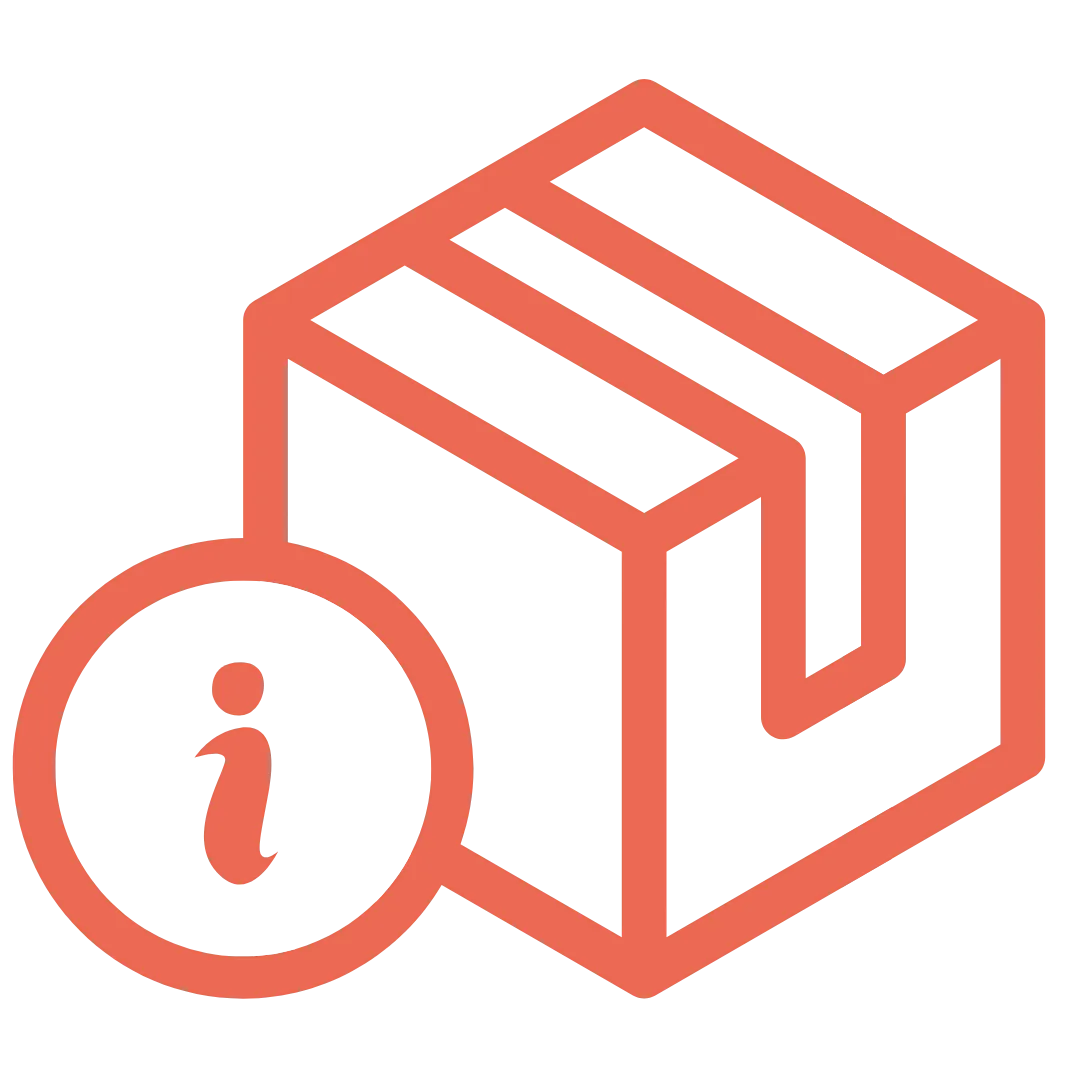
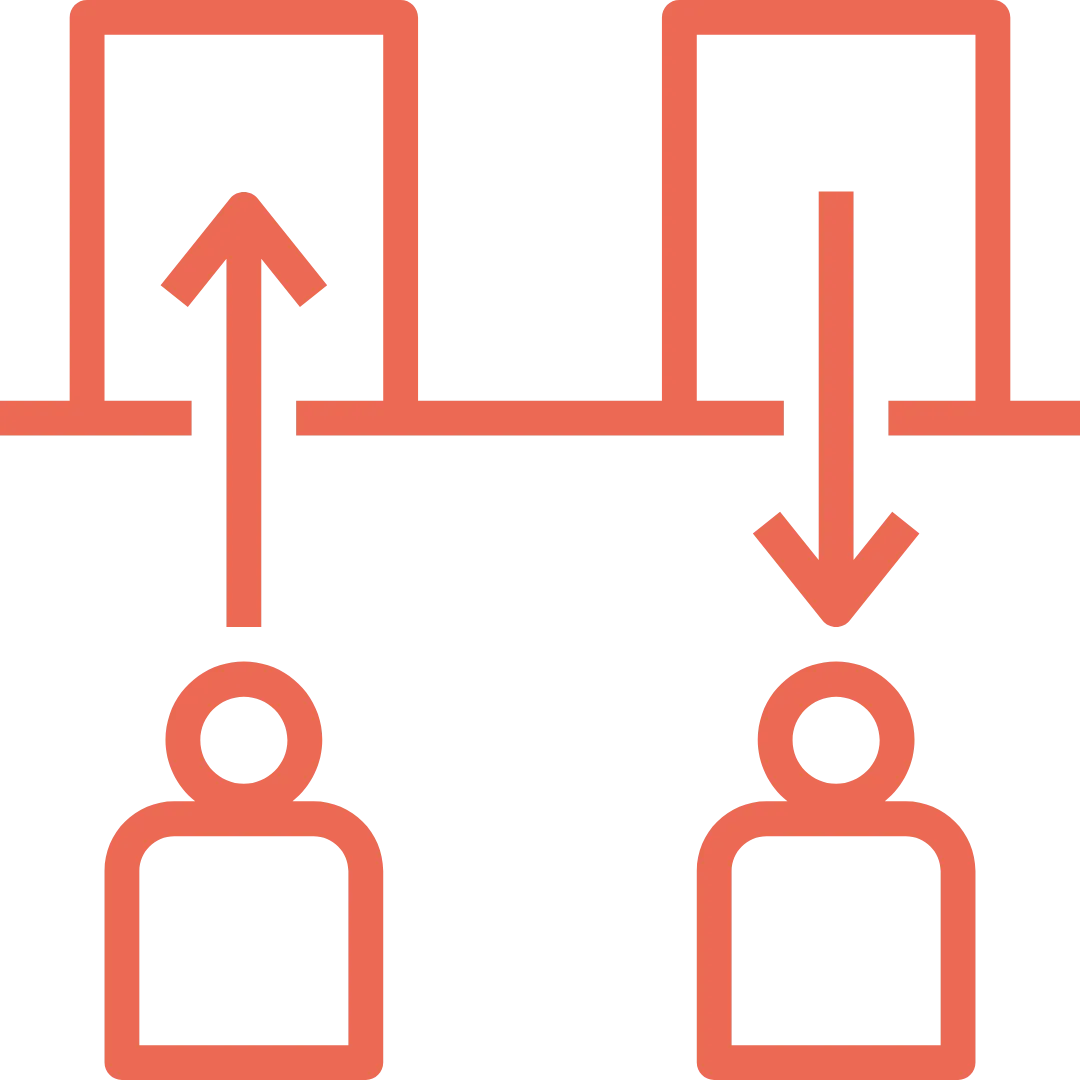
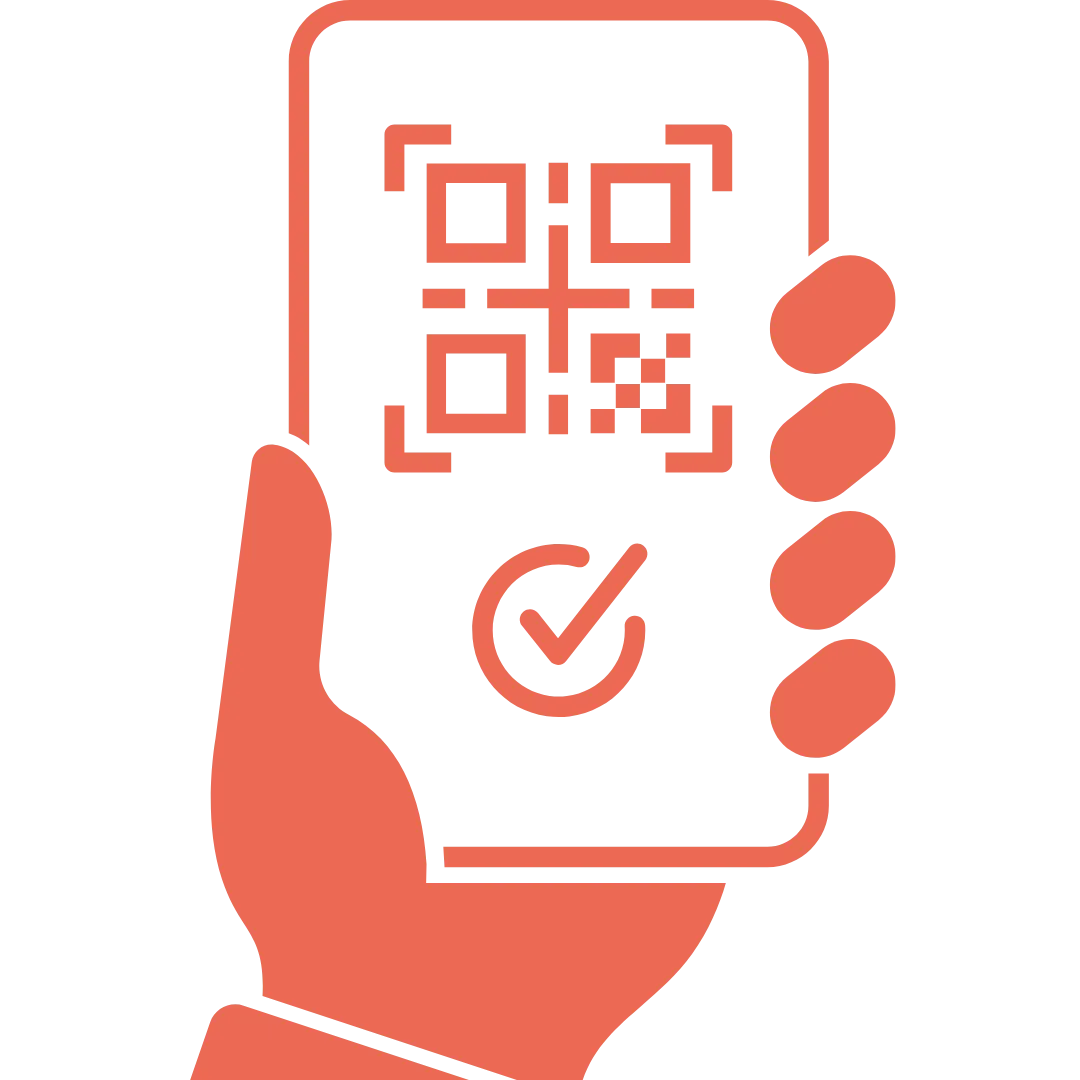
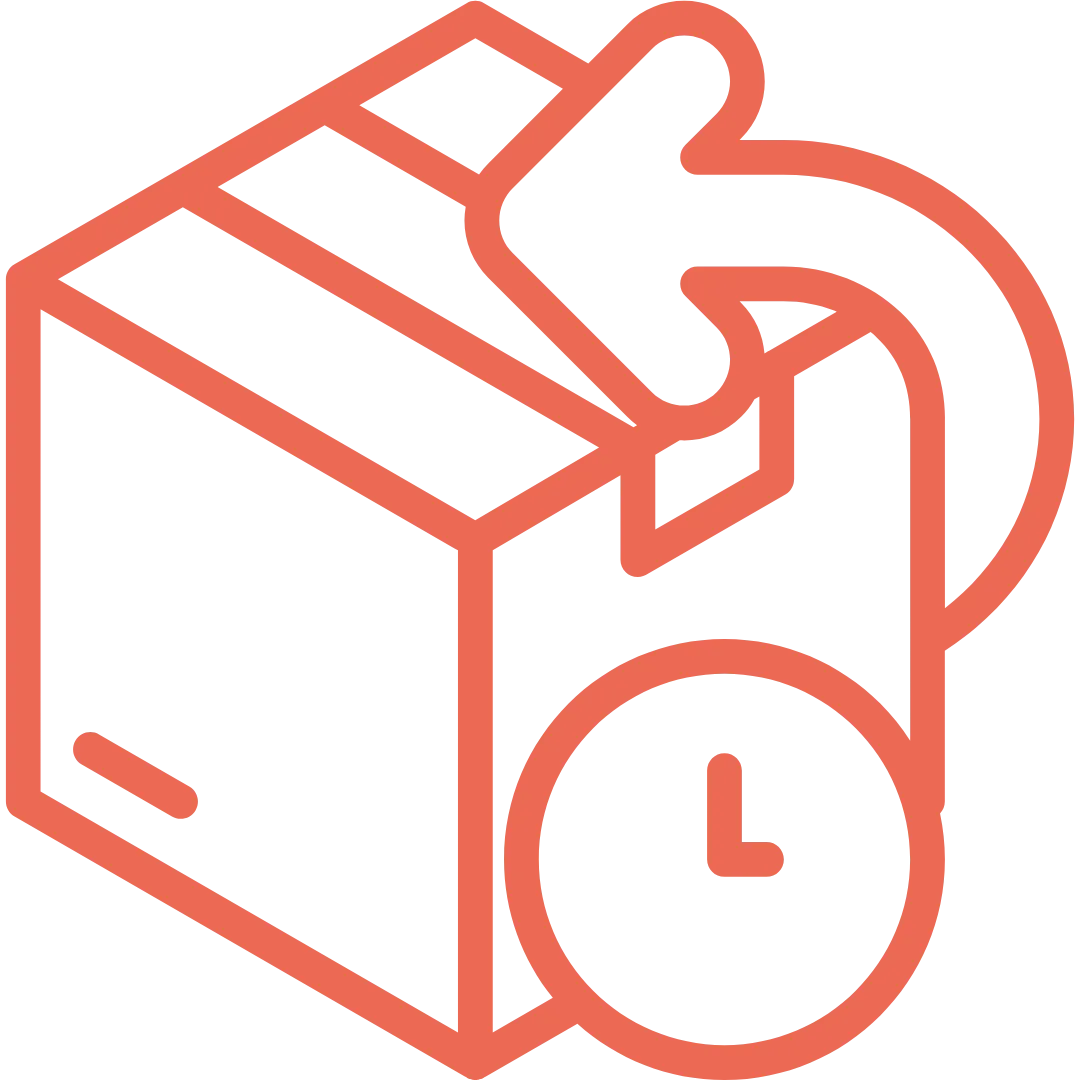

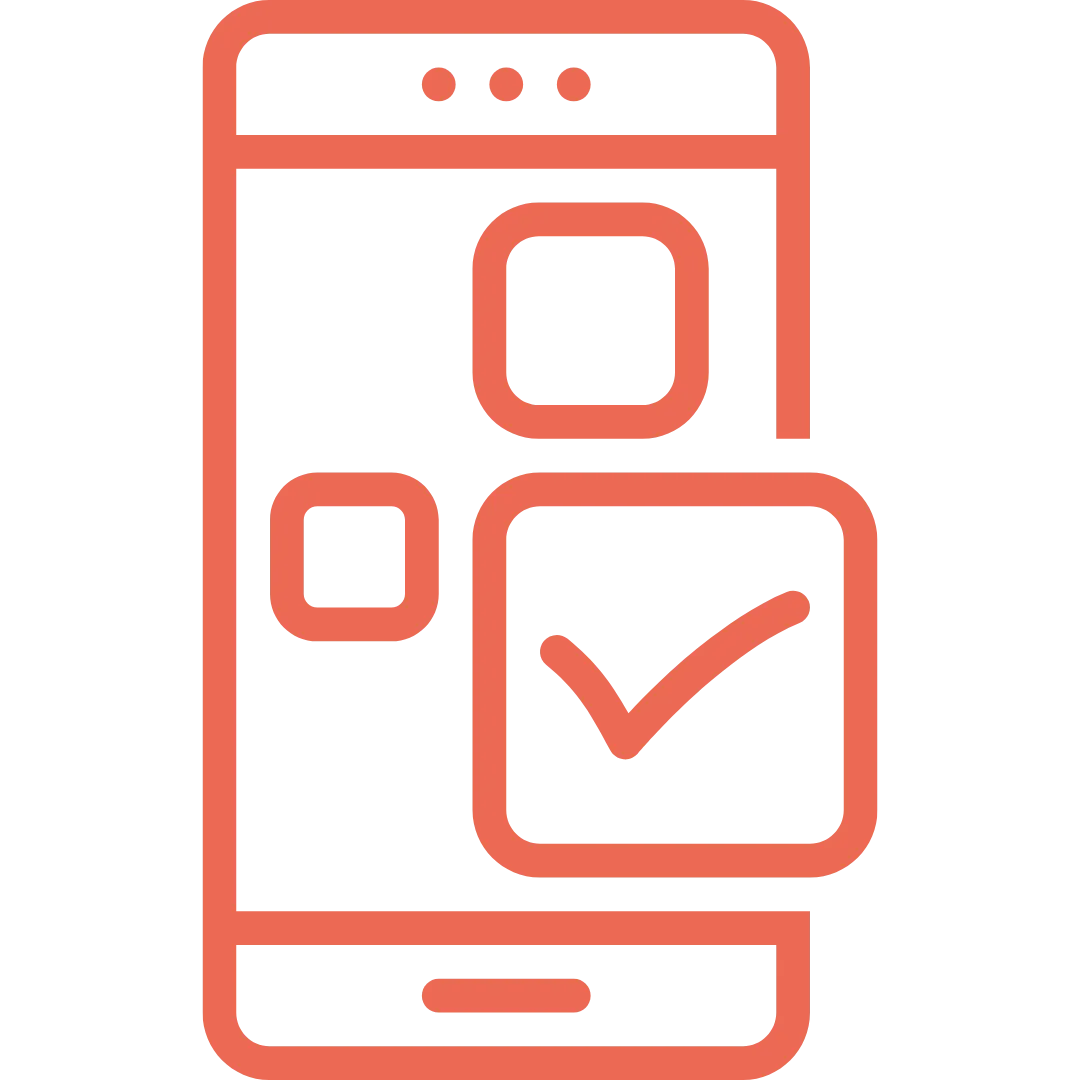


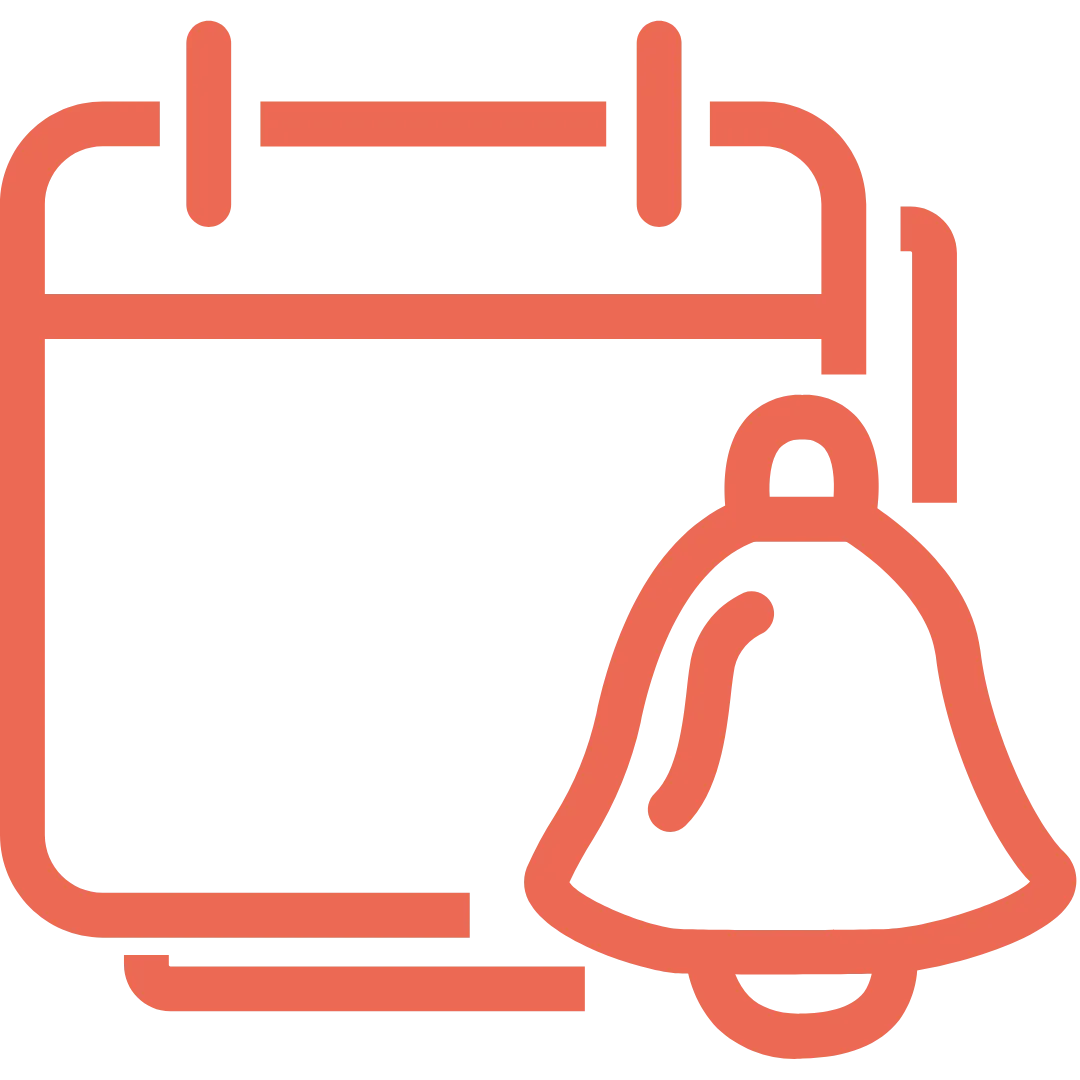
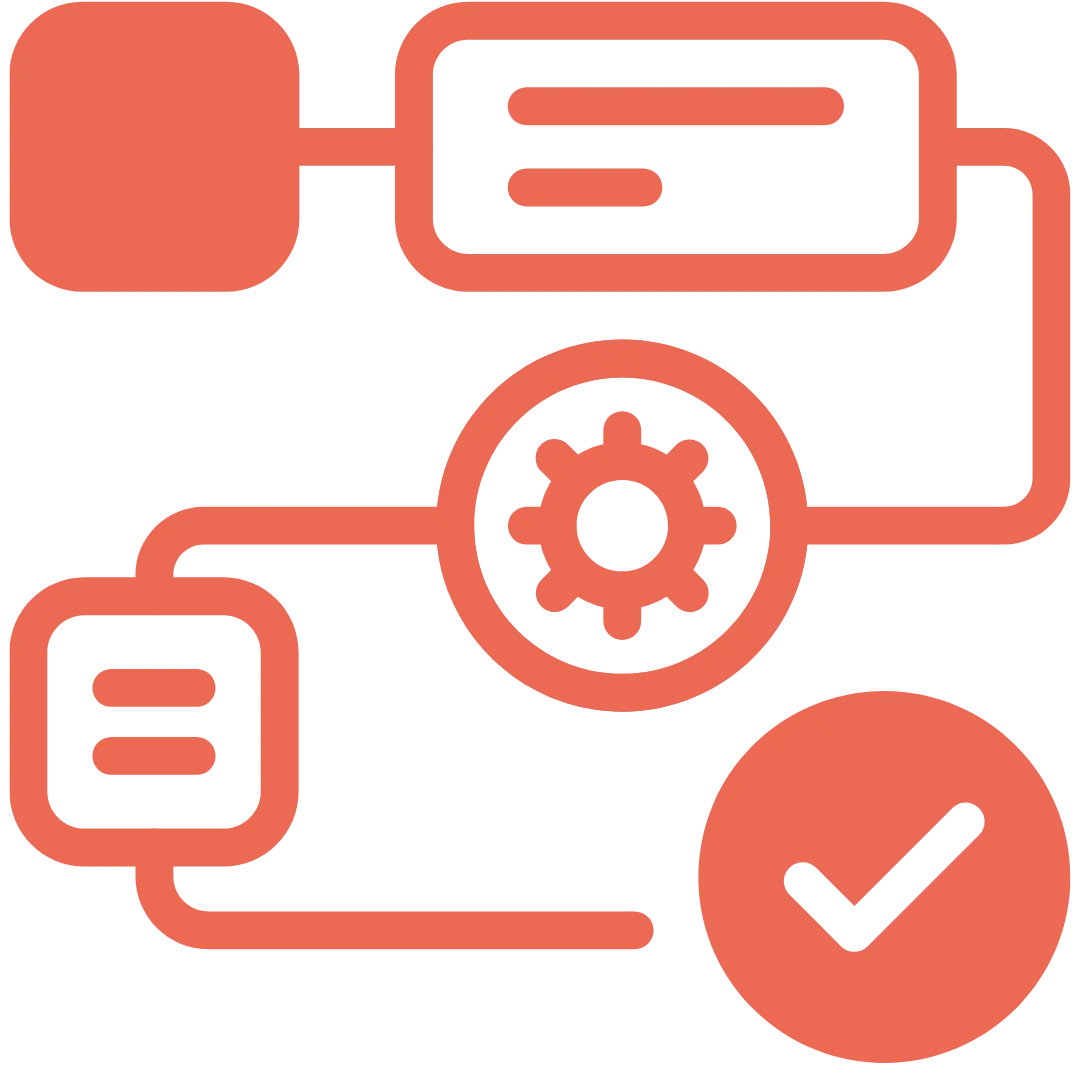
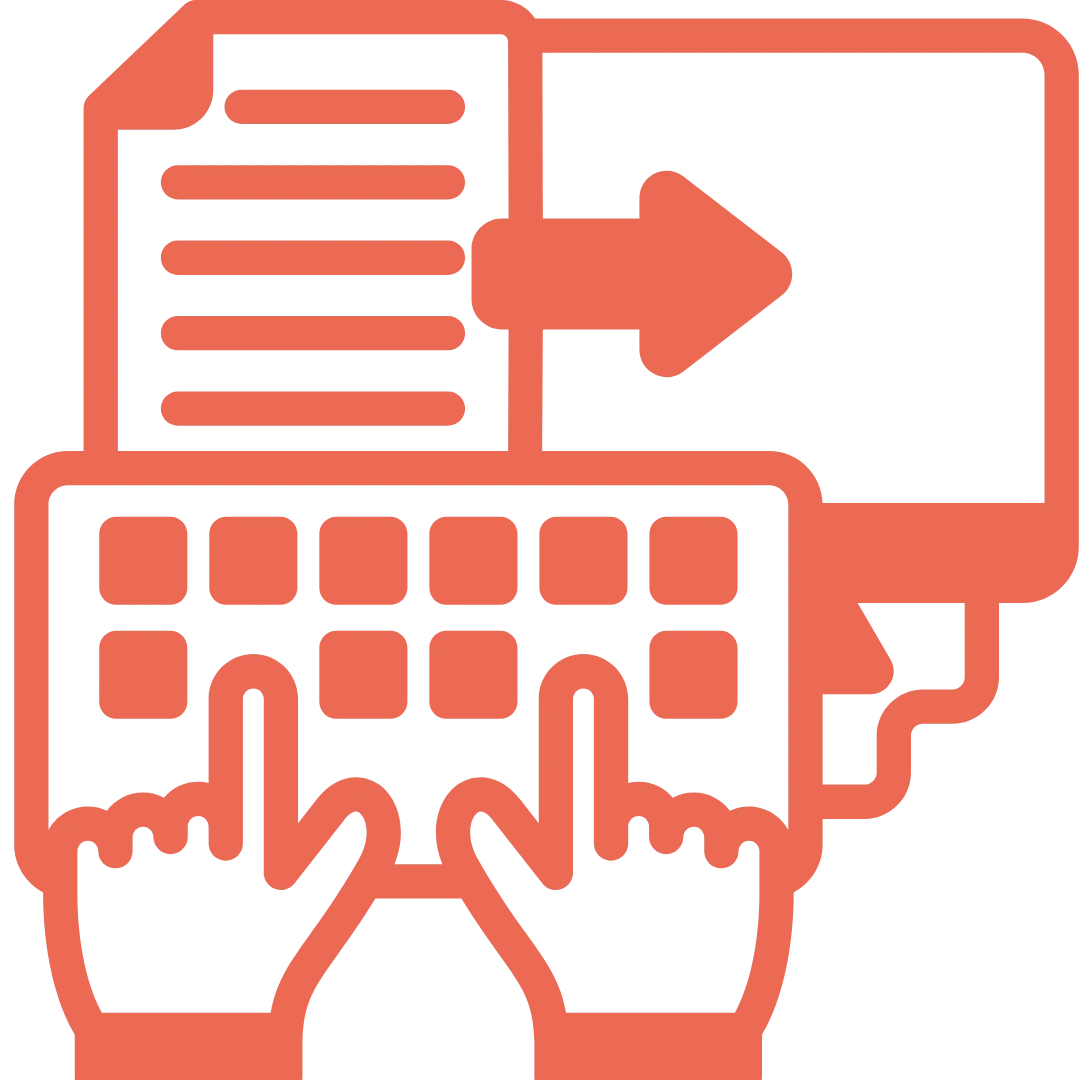
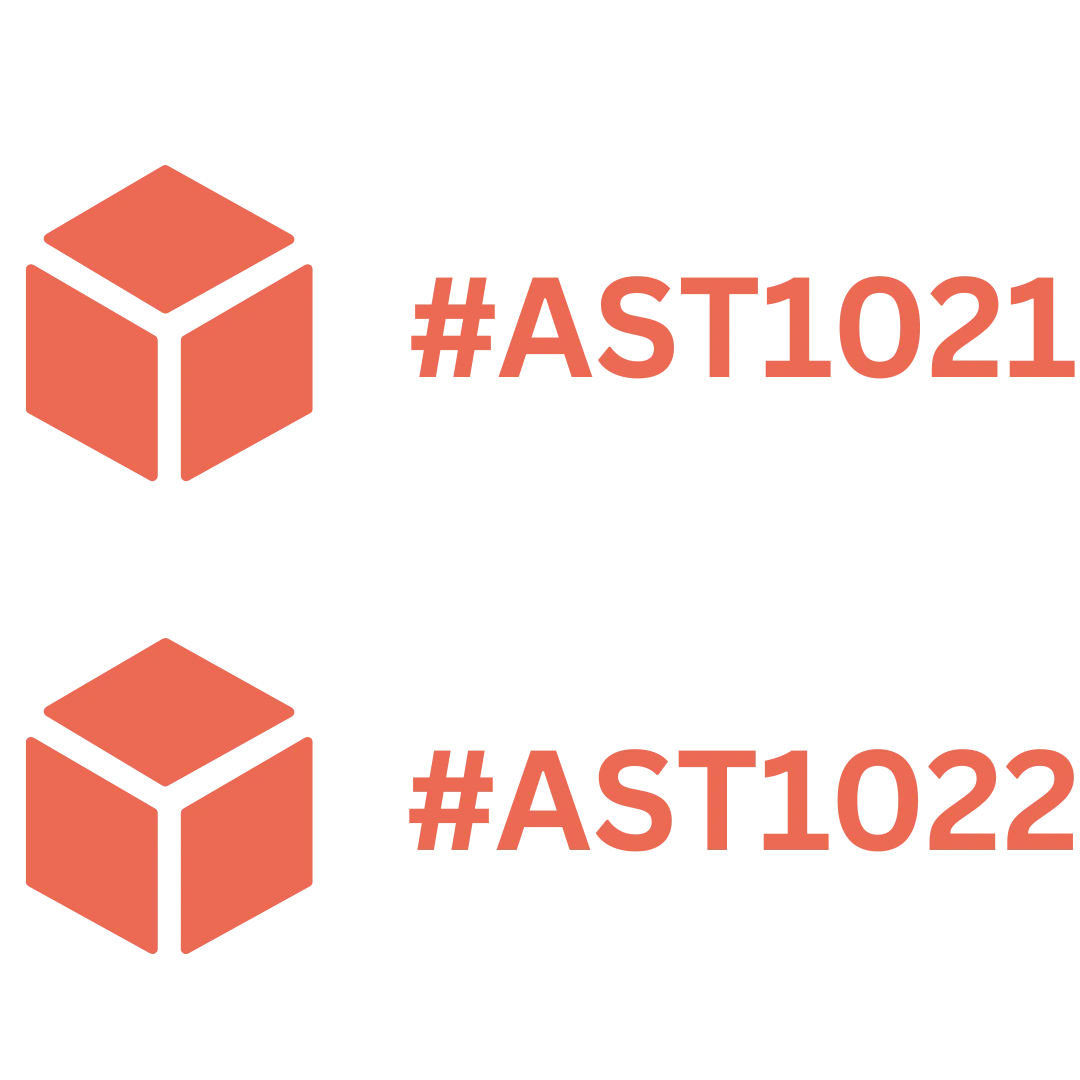
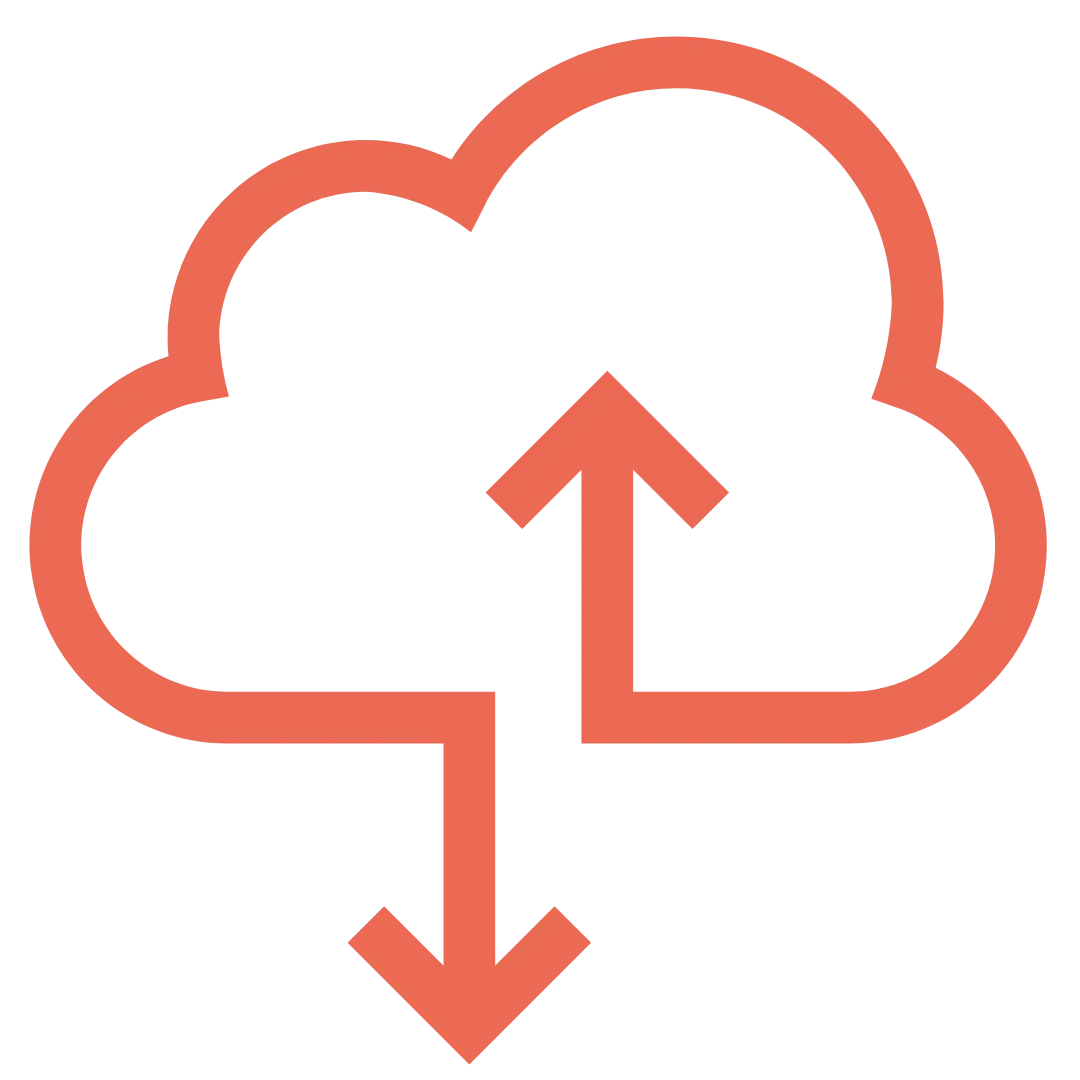
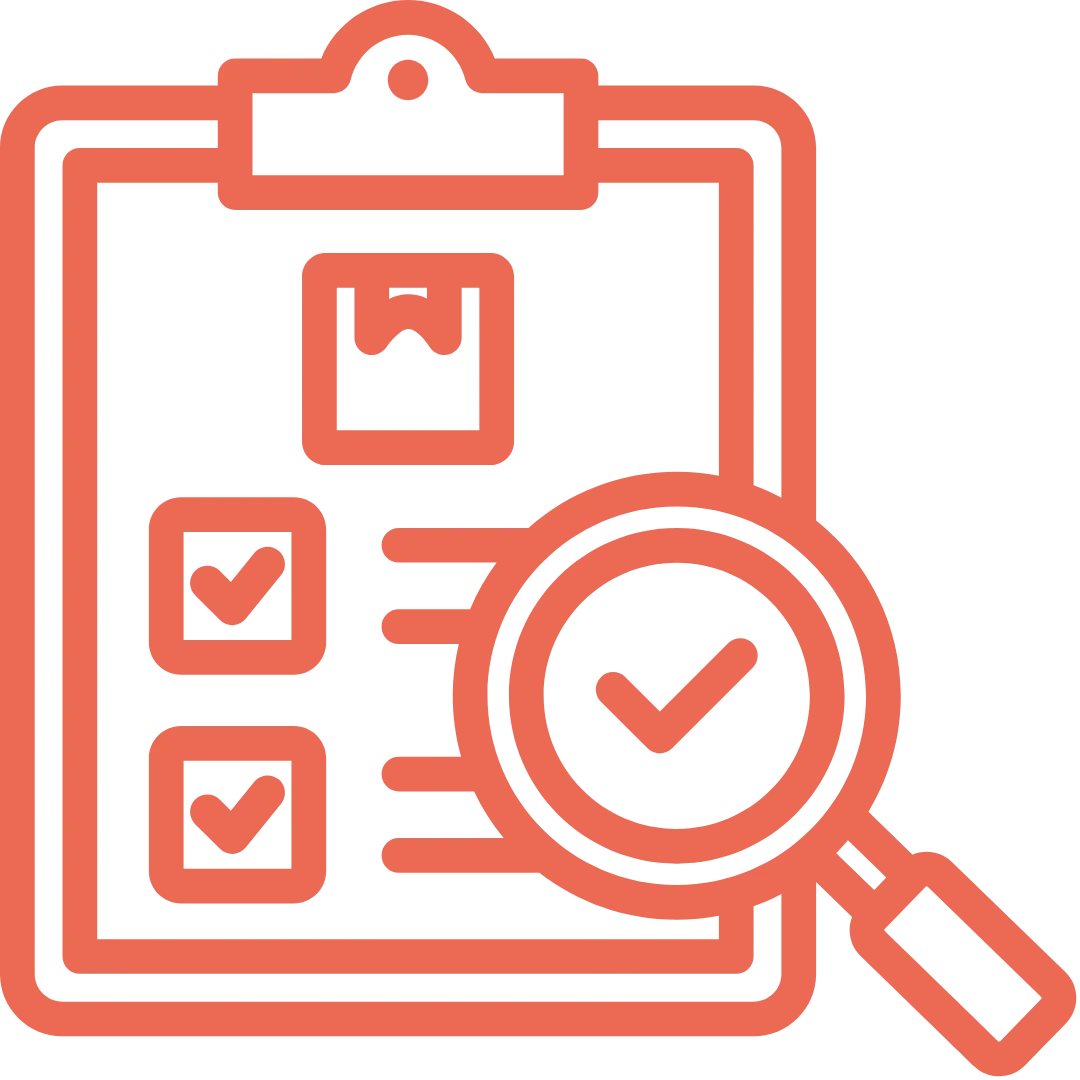
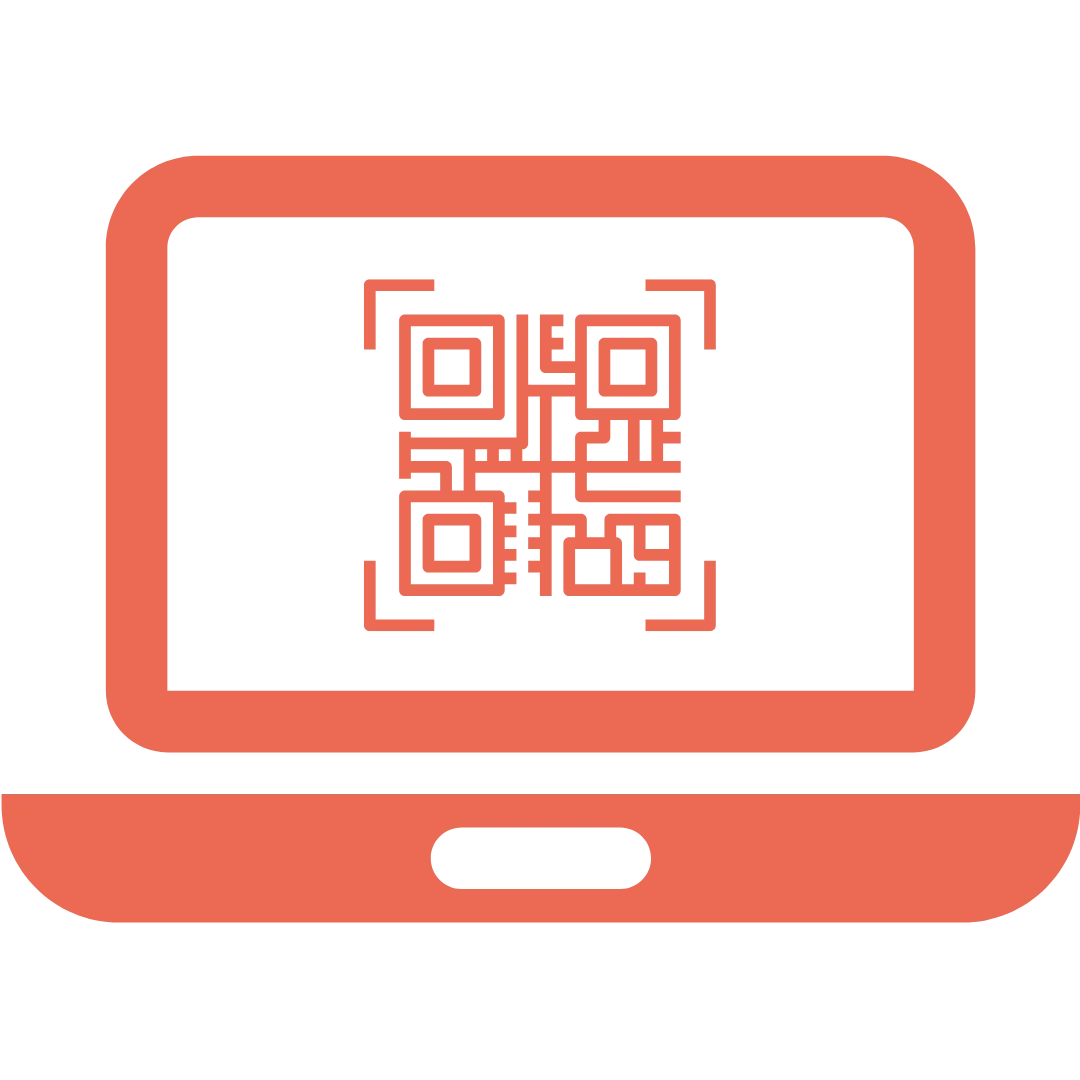
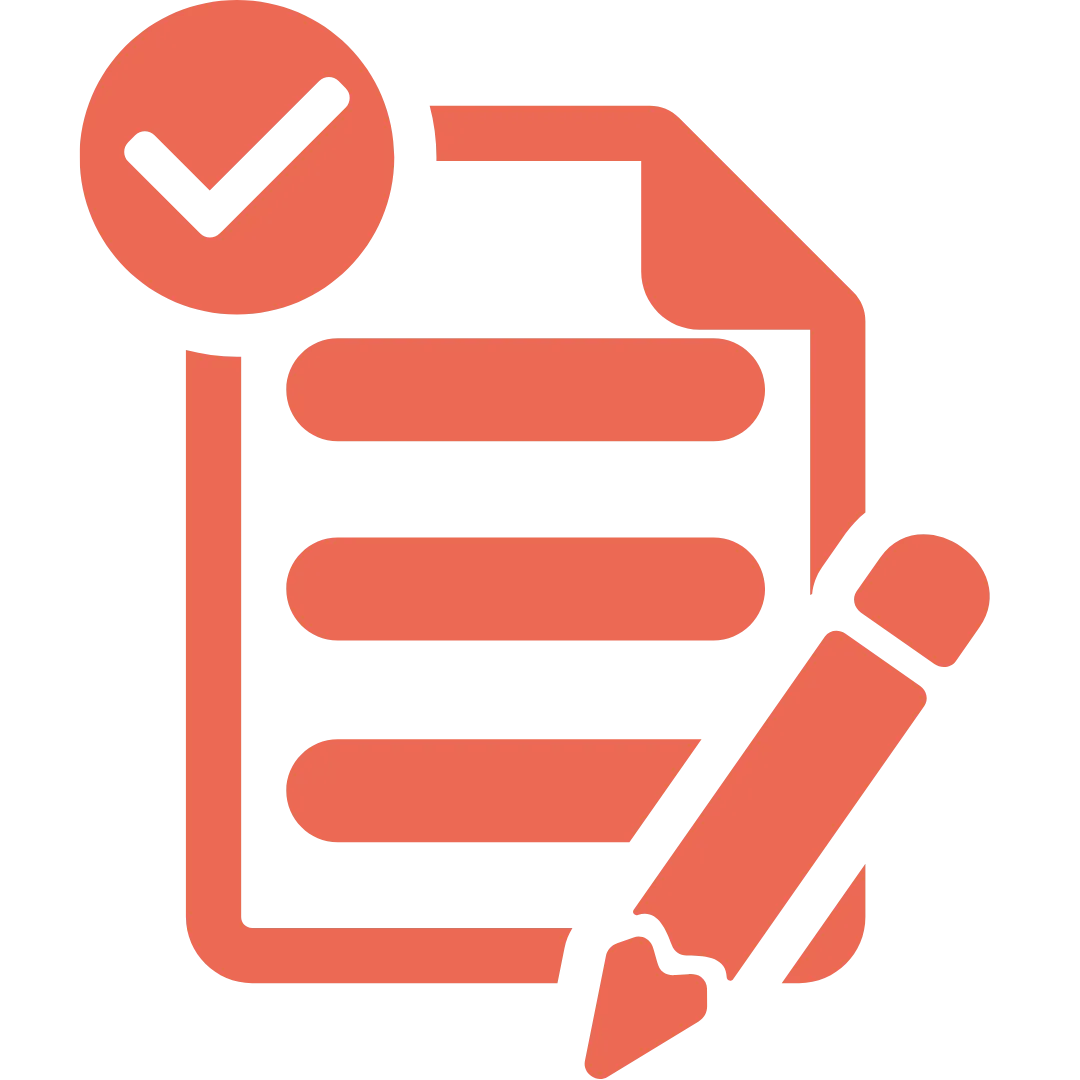

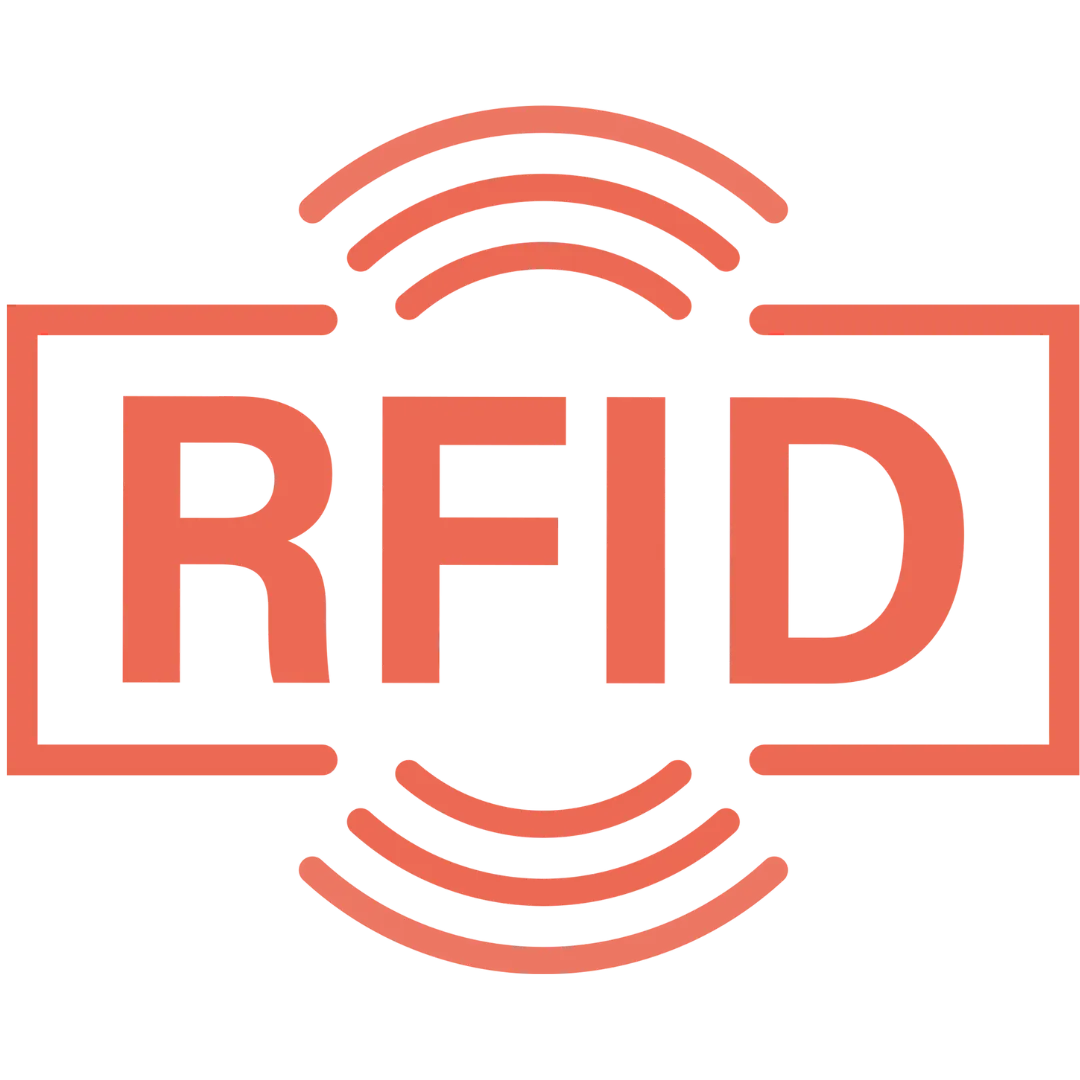
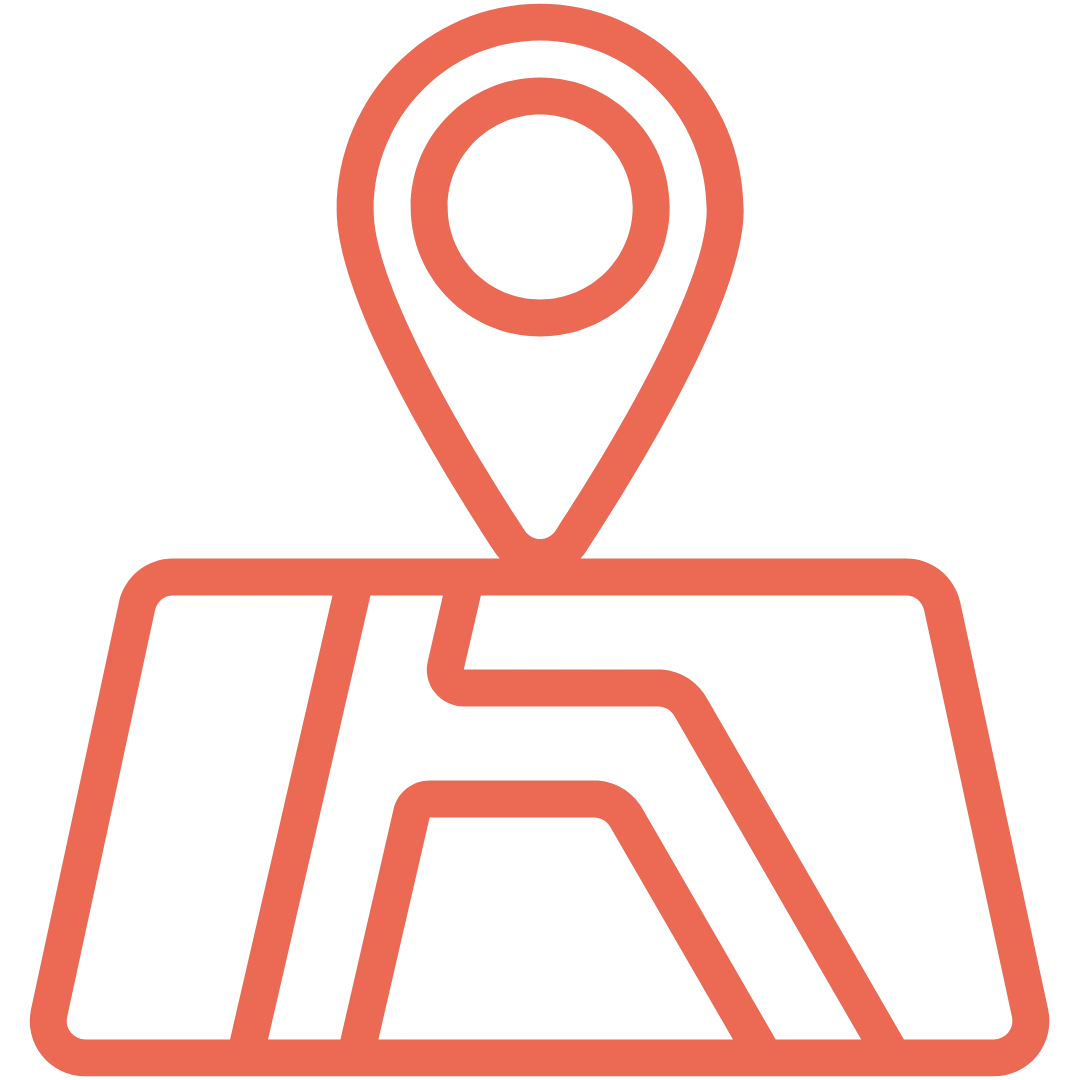
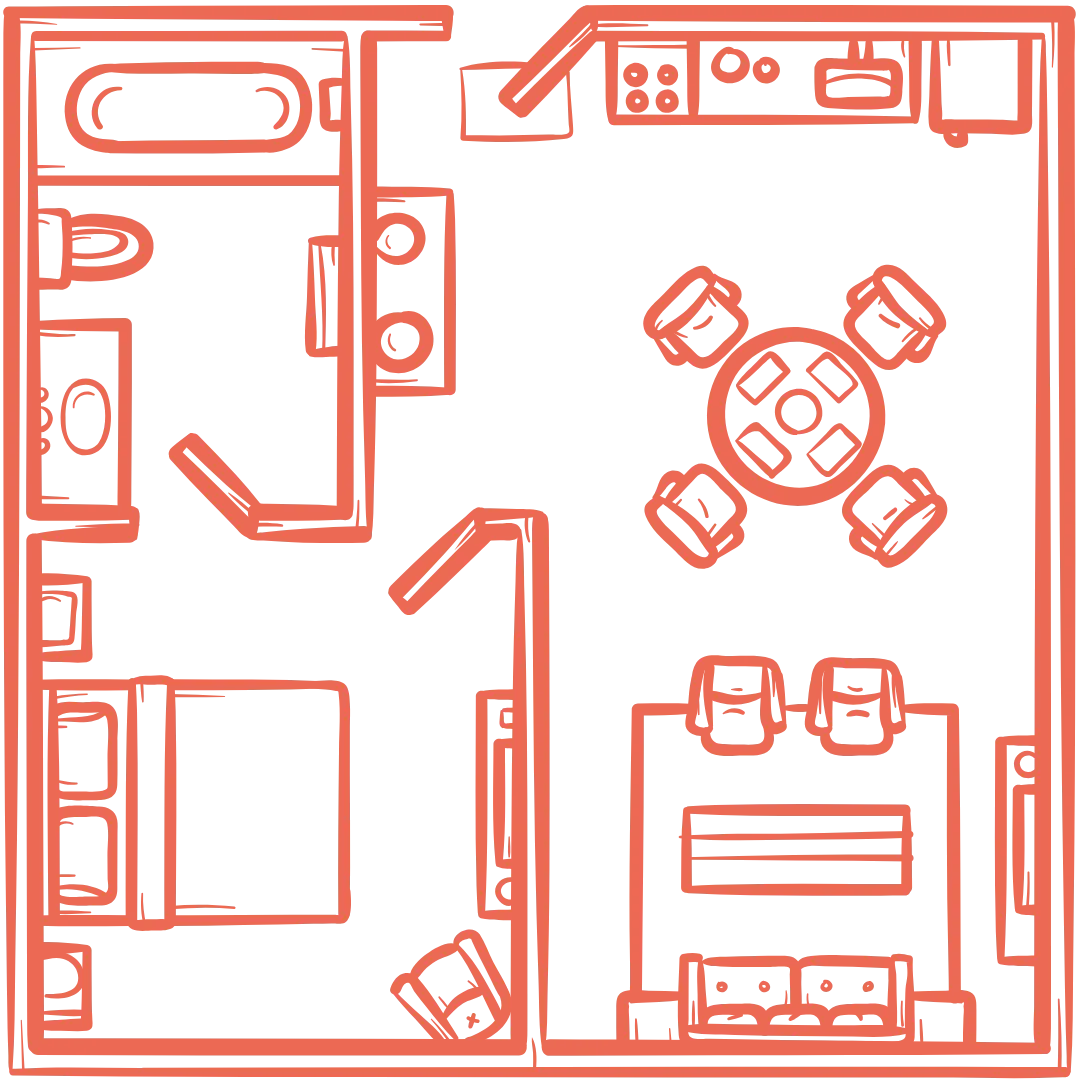
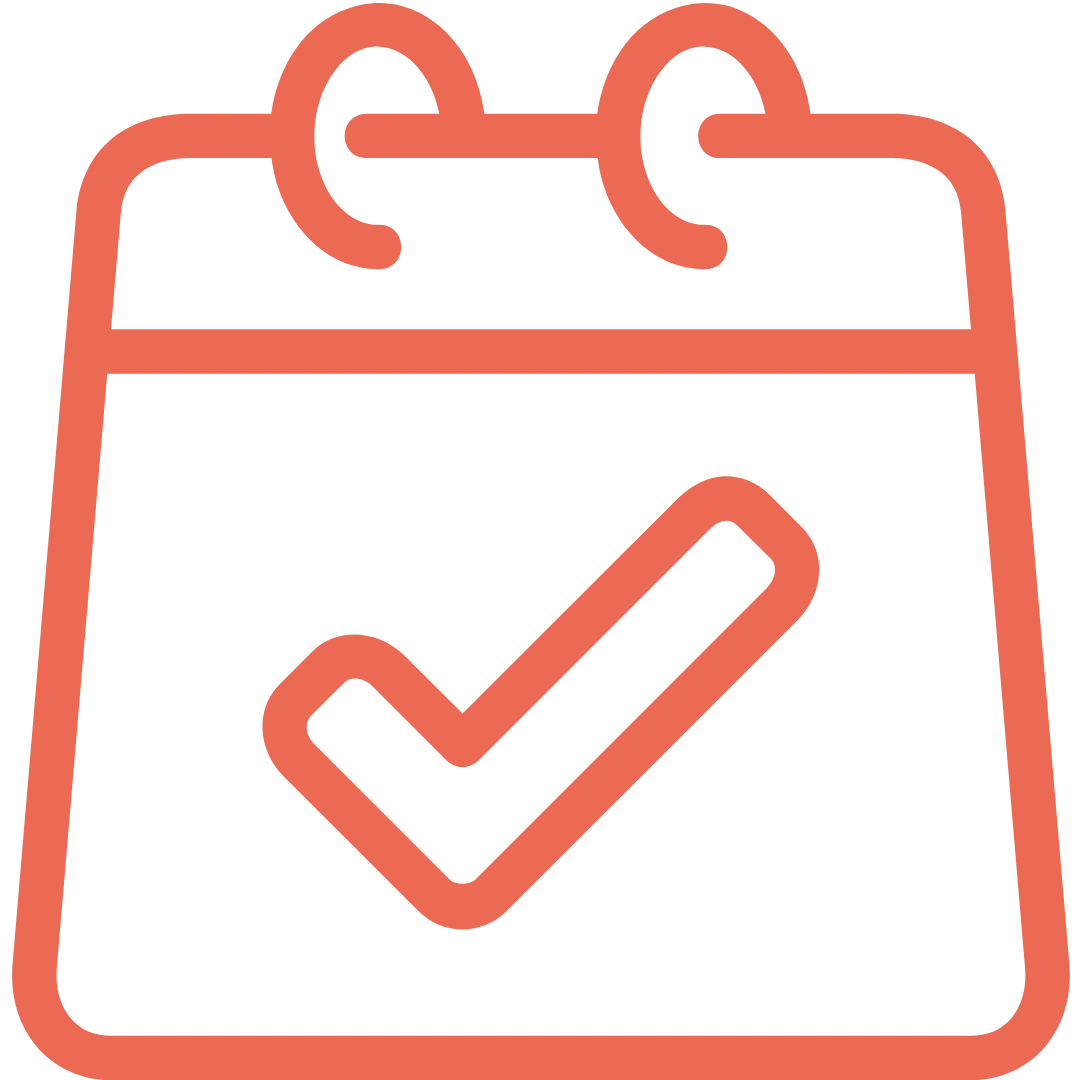



























.webp)
.webp)
.webp)
.webp)
.webp)
.webp)
.webp)
.webp)
.webp)

.svg)




.webp)
.webp)
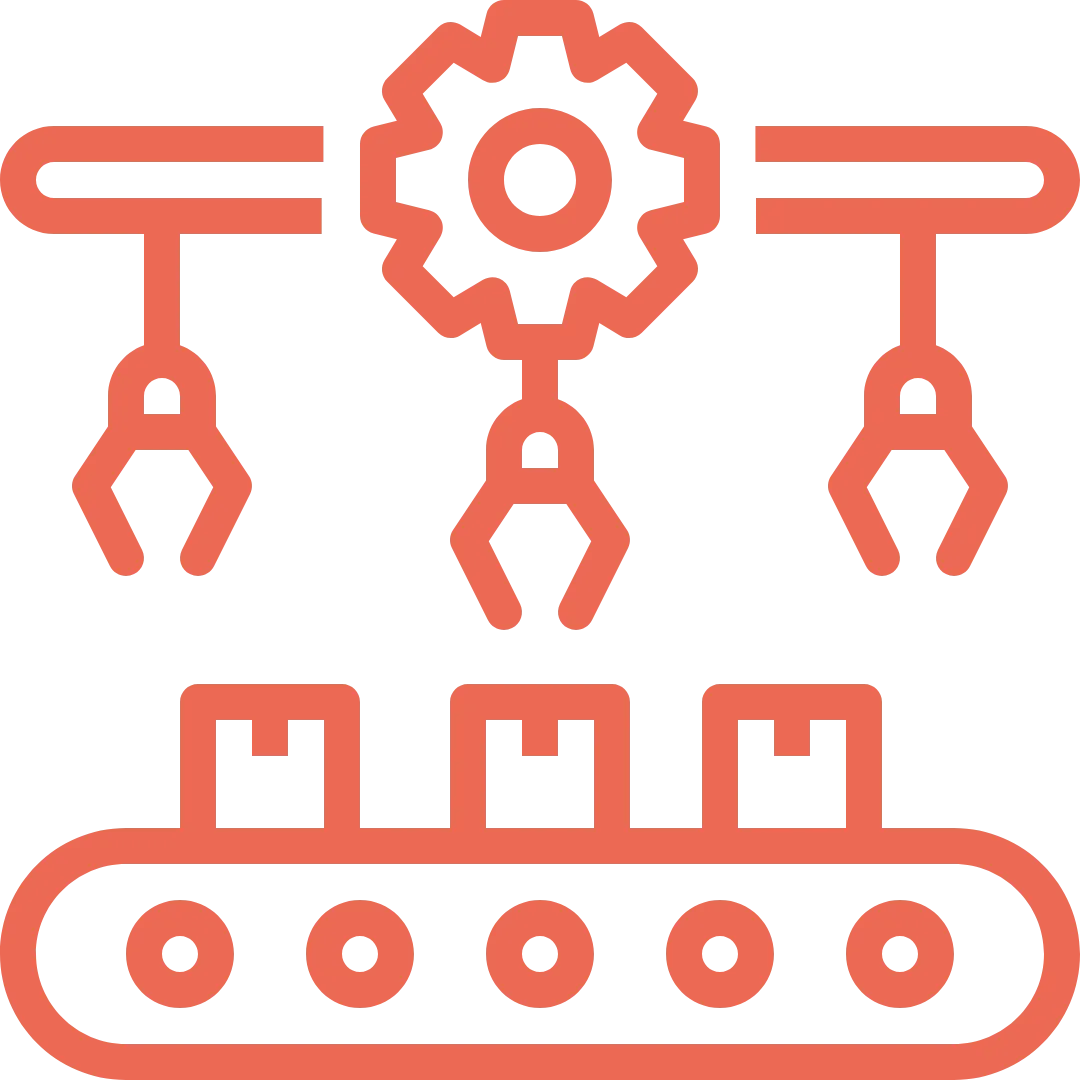





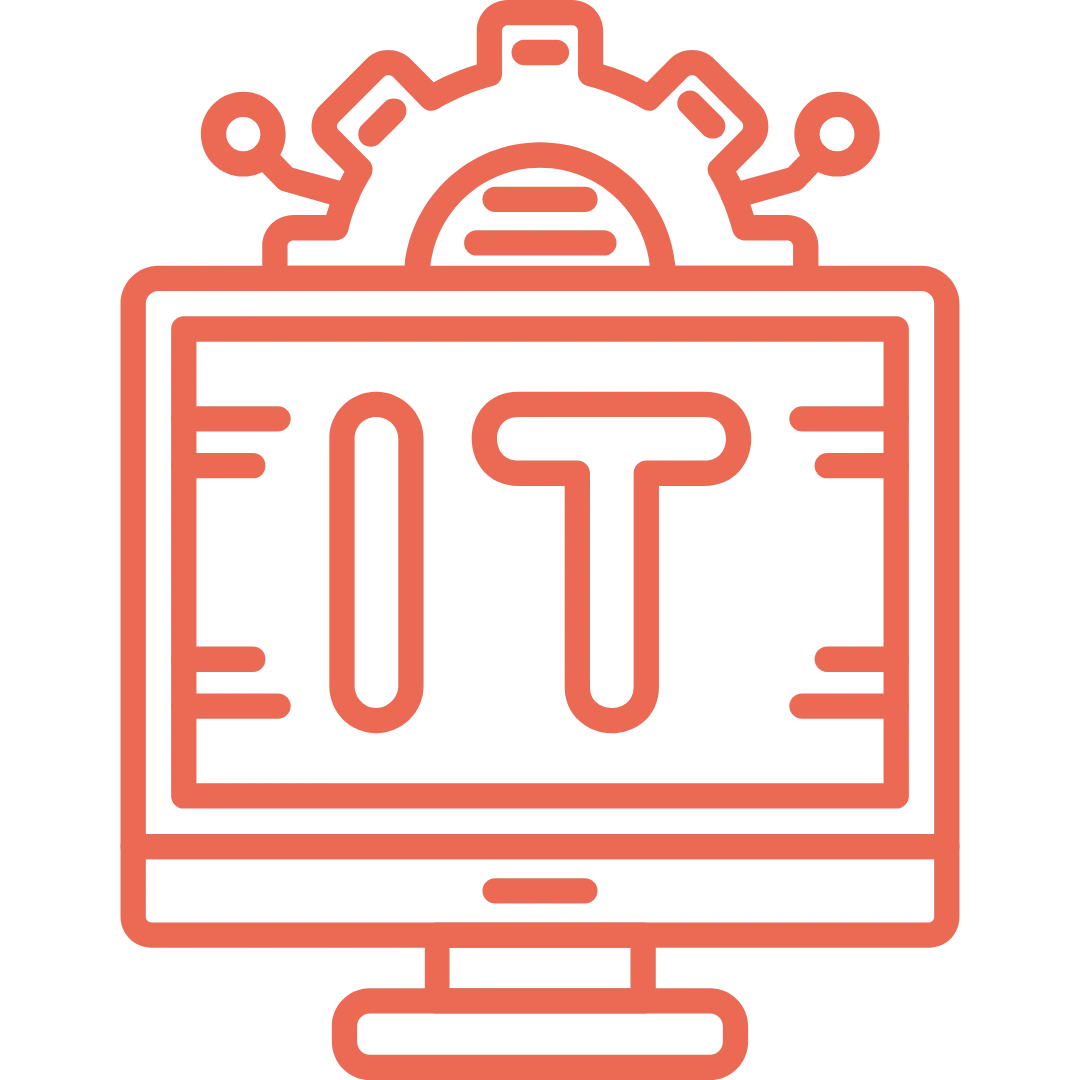


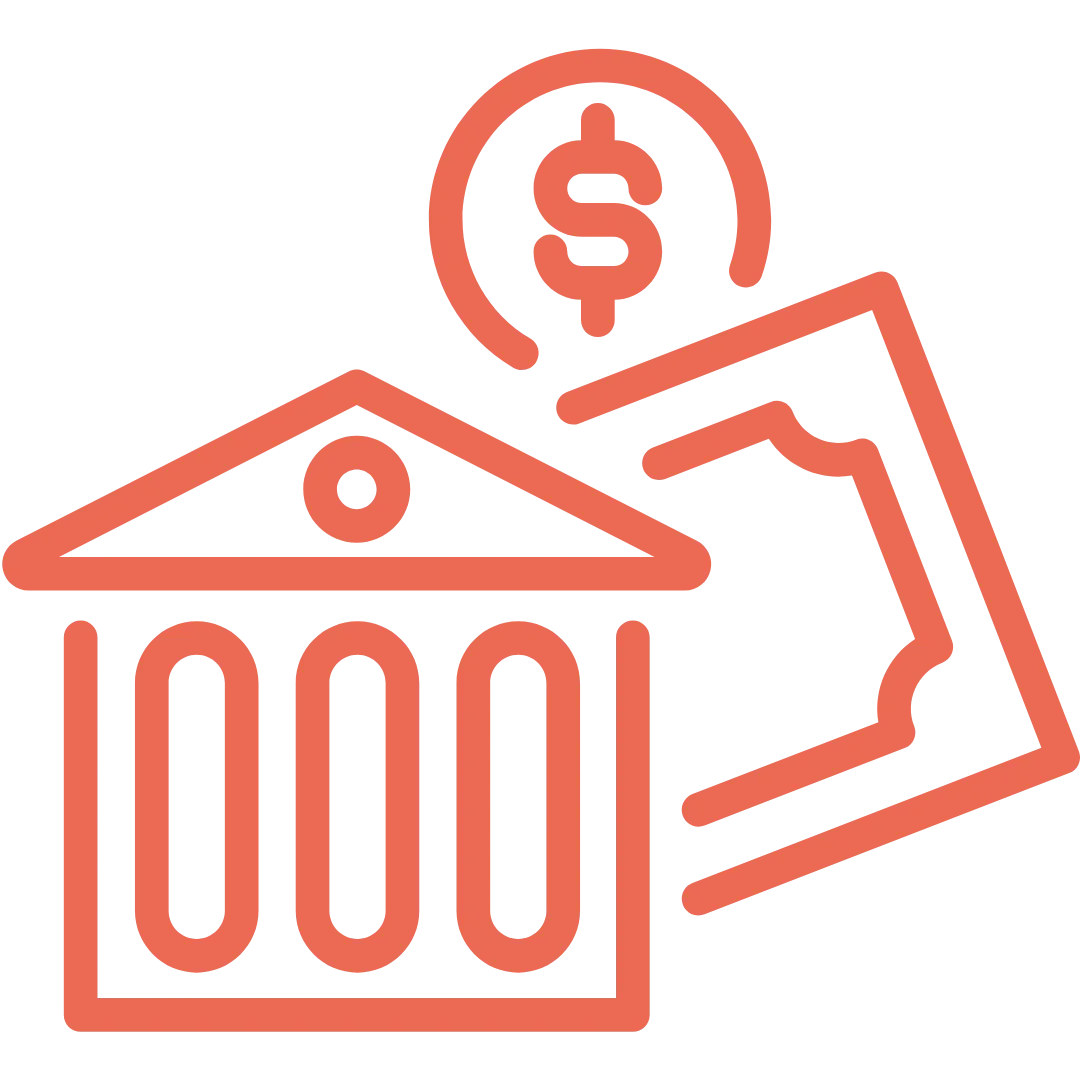




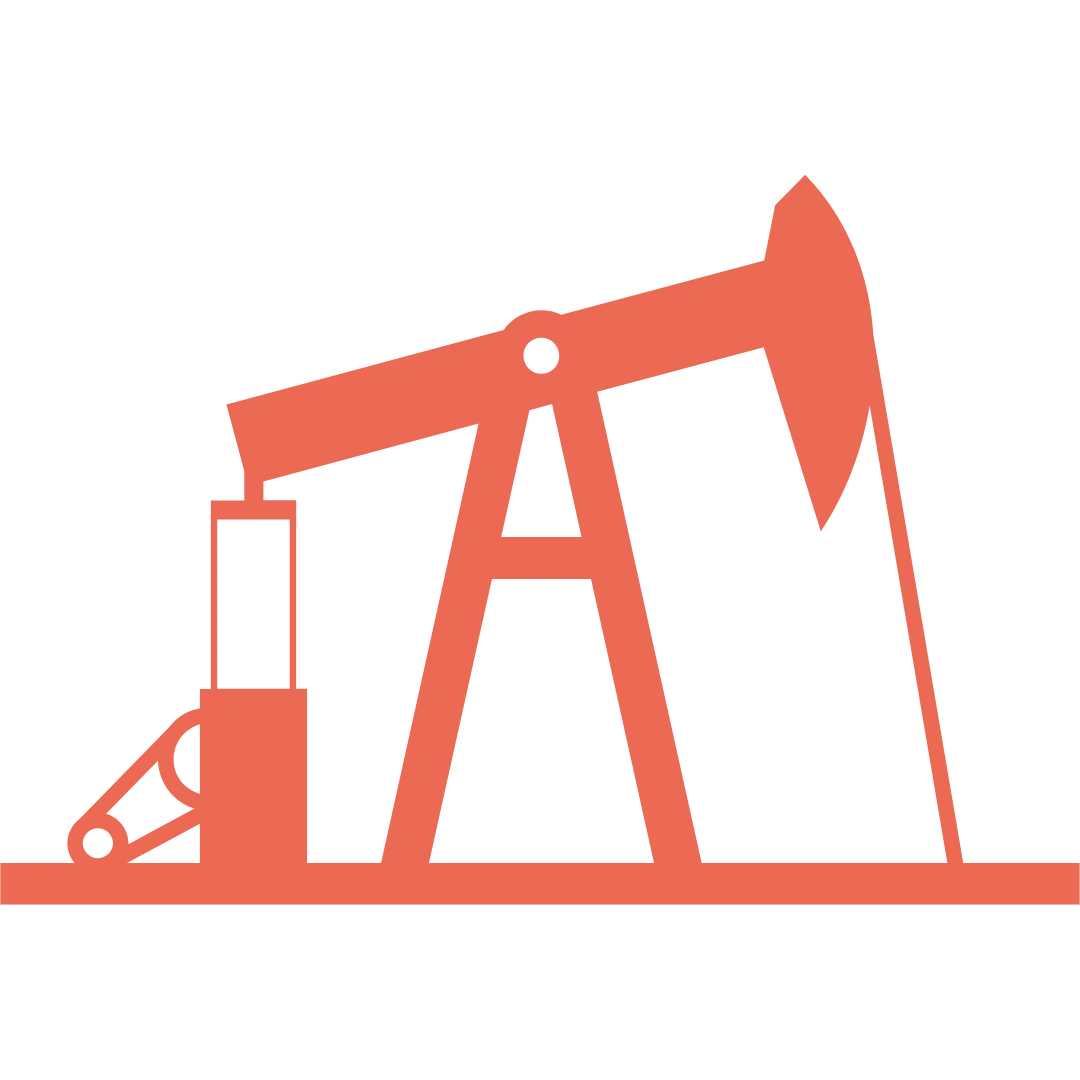
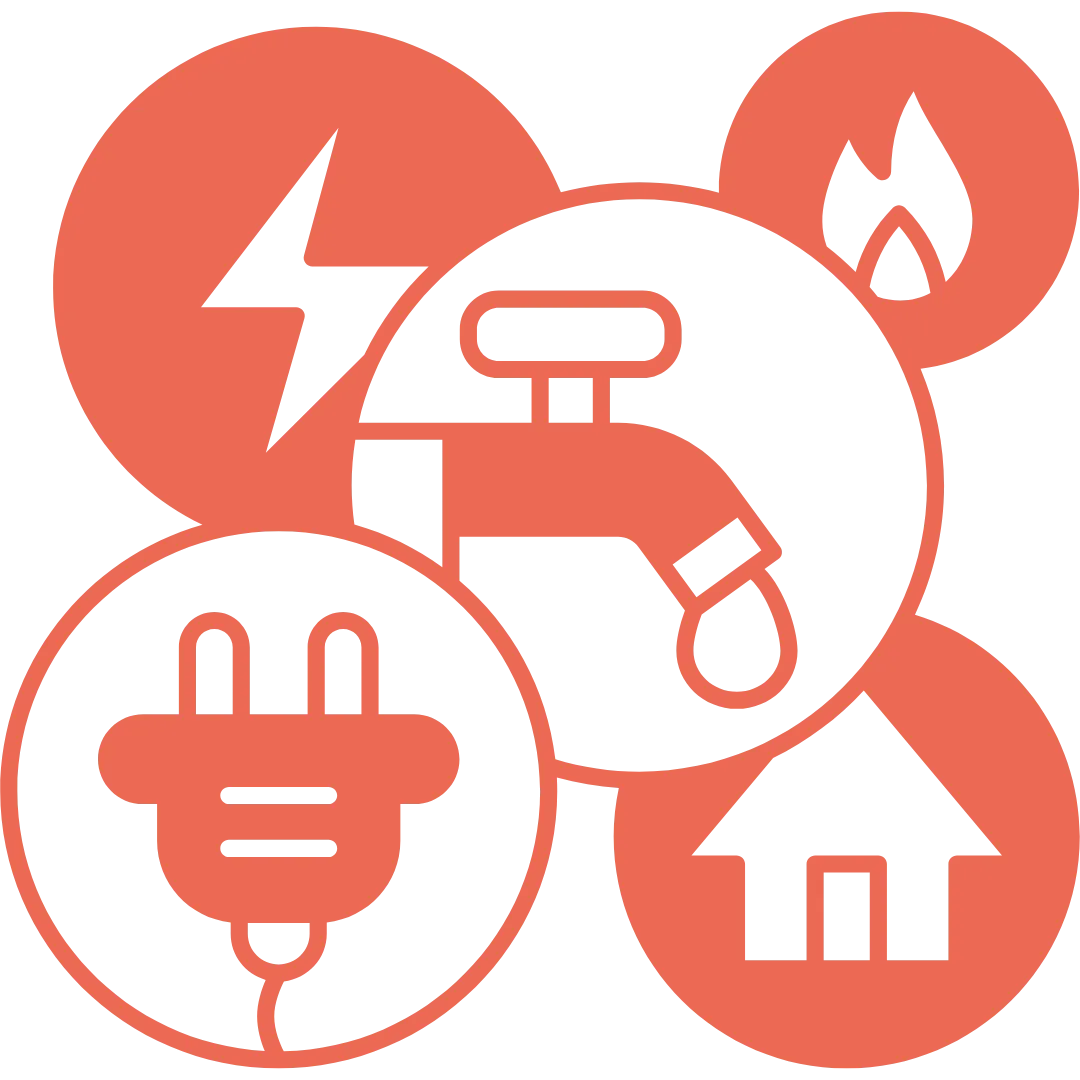


















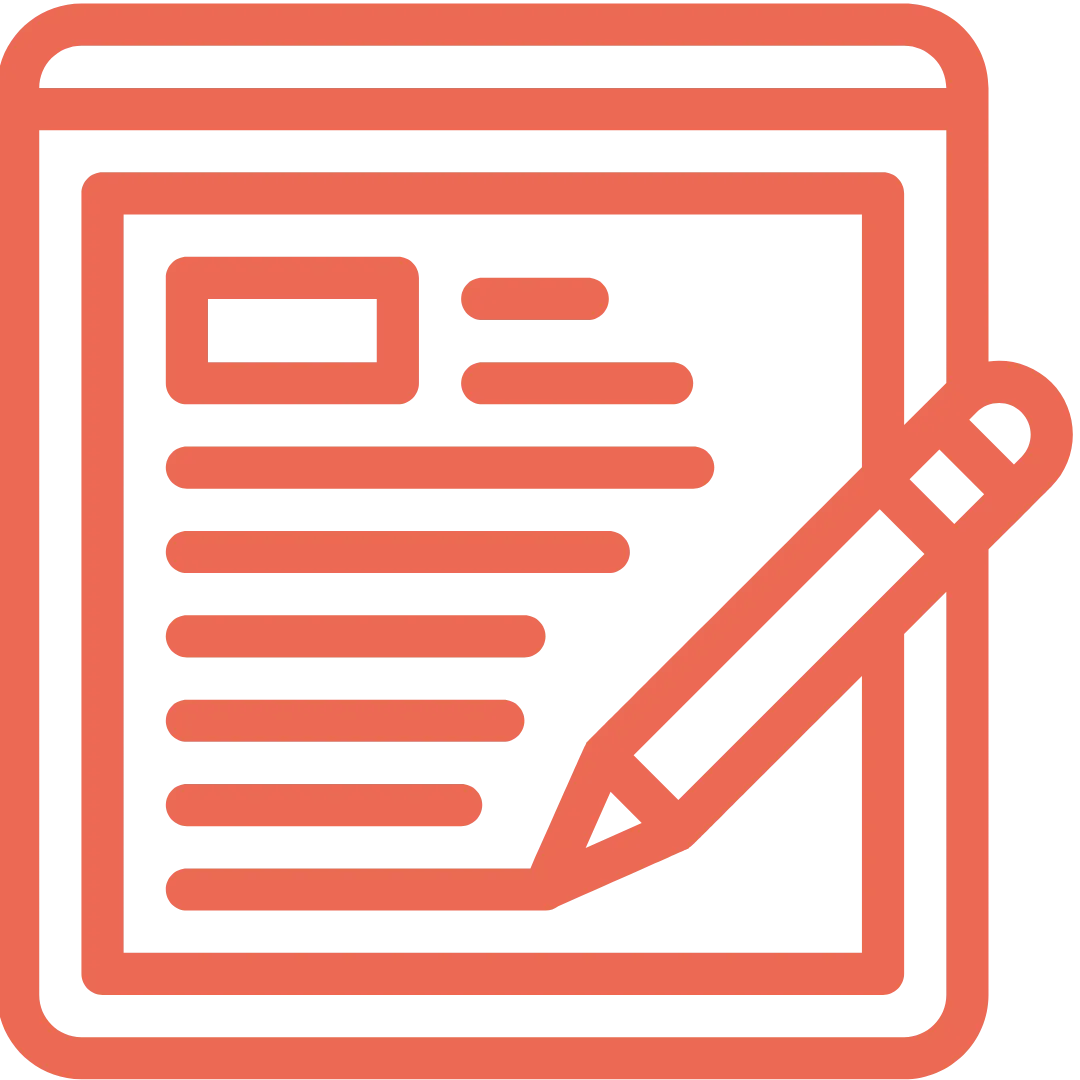

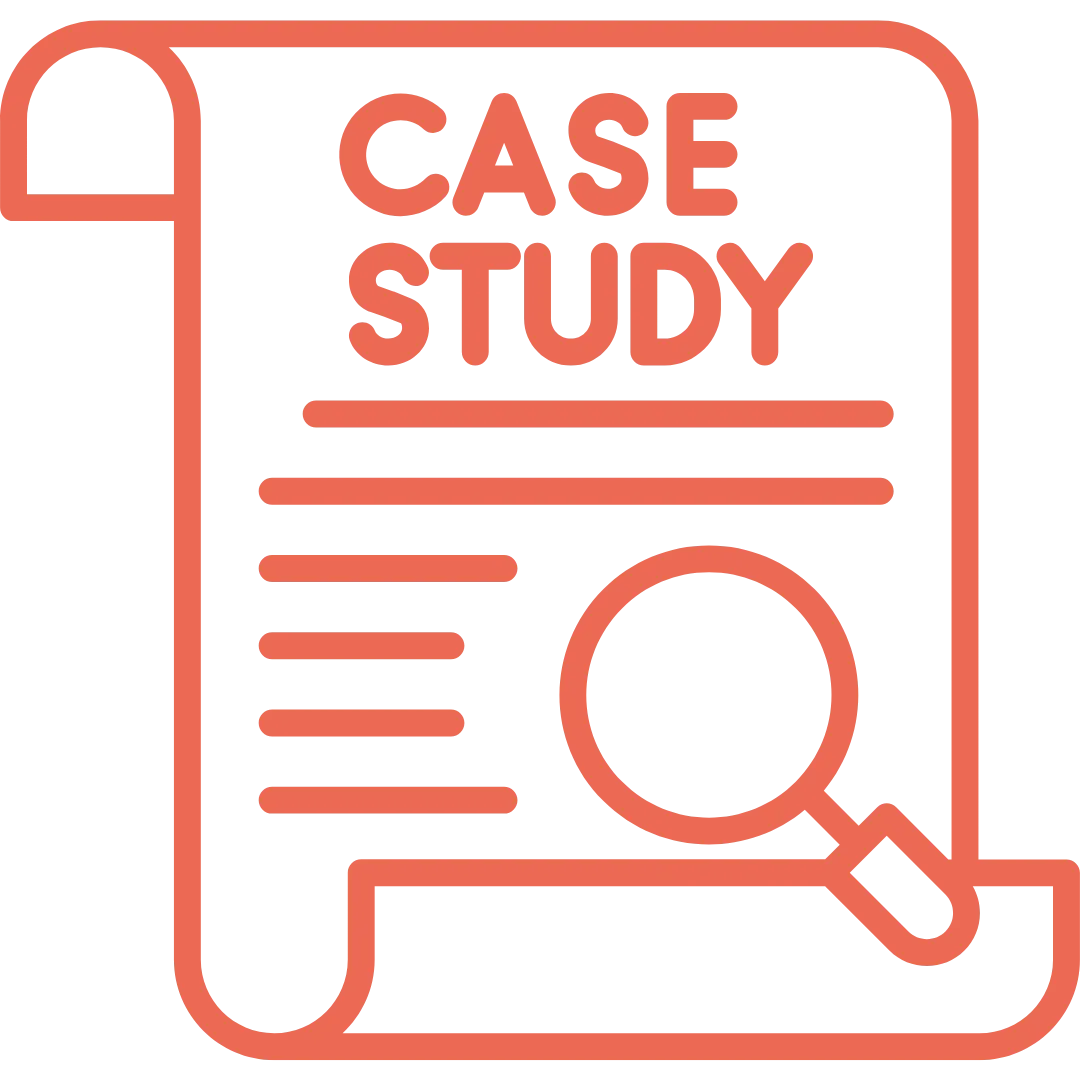






.png)




.webp)

















